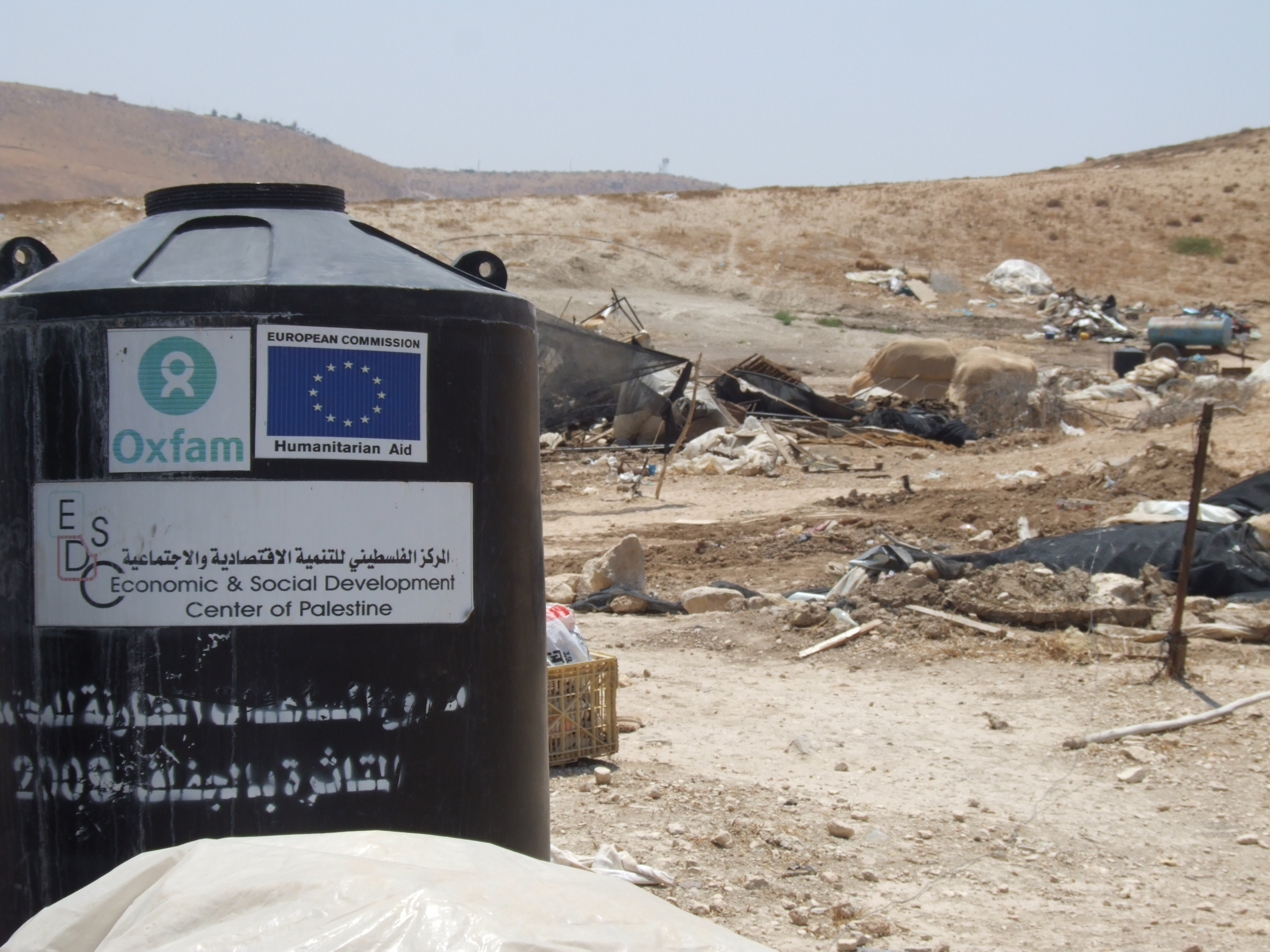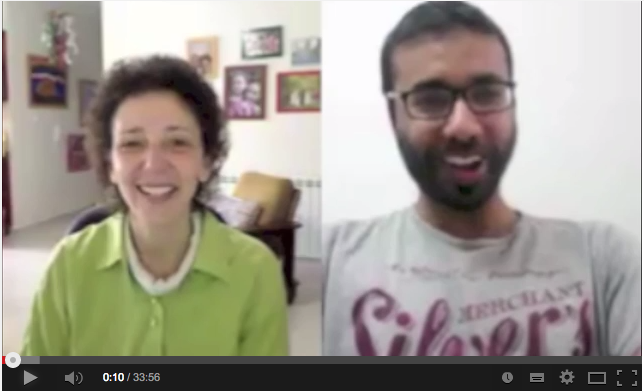Enjoy this 50 second clip of Ghada Ageel, a teaser for a series of video interviews with Gazans.
Dr. Ghada Ageel is a Visiting Professor in the Department of Political Science at the University of Alberta. She holds a PhD and MA in Middle East Politics from the University of Exeter (Britain) and a BA in Education from the Islamic University/Gaza. Her PhD dissertation examined the historic and contemporary role of the United Nations Relief and Work Agency (UNRWA) in relation to the question of a durable solution for Palestinian refugees. Dr. Ageel is the recipient of several awards and scholarships including The Phillips Grant (UK, 2013), The Jerusalem Studies’ Scholarship of the University of Exeter (2002 and 1999), the Higher Education Award of the Ministry of Education (Palestine, 1996) and the Hebrew Language and Literature Scholarship (Gaza, 1993).
Her research interests focus on rights-based approaches to forced migration, Palestinian refugees in comparative perspective, oral history, women’s studies, the Arab-Israeli conflict, and the permanent status issues involved in the Middle East peace process. Dr. Ageel’s work has been widely published in several newspapers, magazines and journals worldwide, including The Washington Post, The Los Angeles Times, The International Herald Tribune, The Hill, CNN, BBC, The Guardian, Journal for Palestine Studies, Palestine Chronicle, MATAN Magazine (Hebrew), Occupation Magazine and many Arabic newspapers throughout the Middle East.

